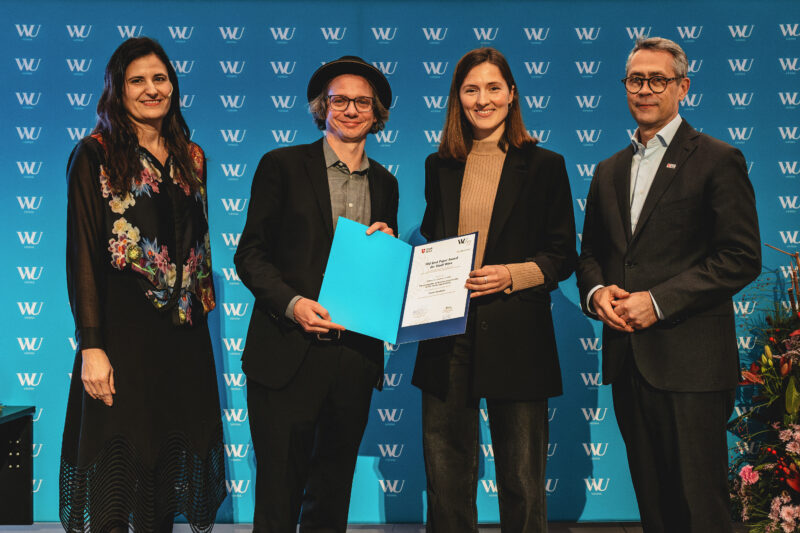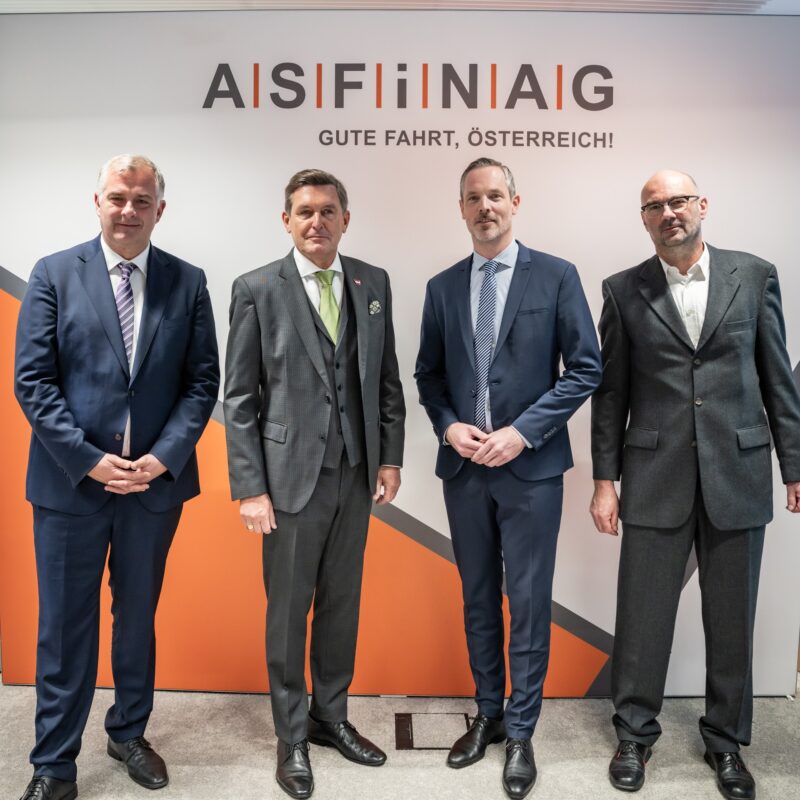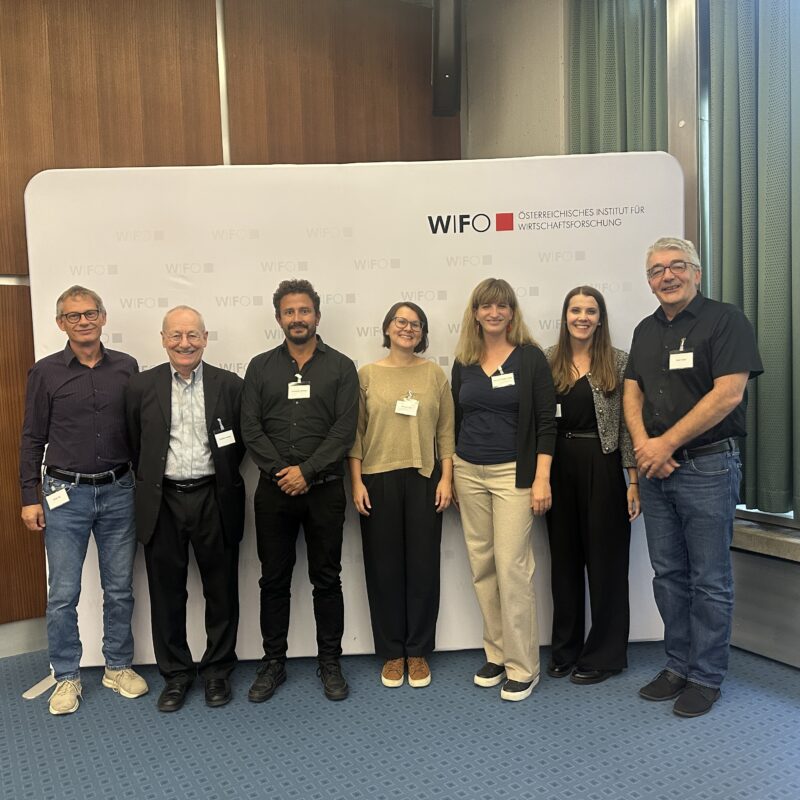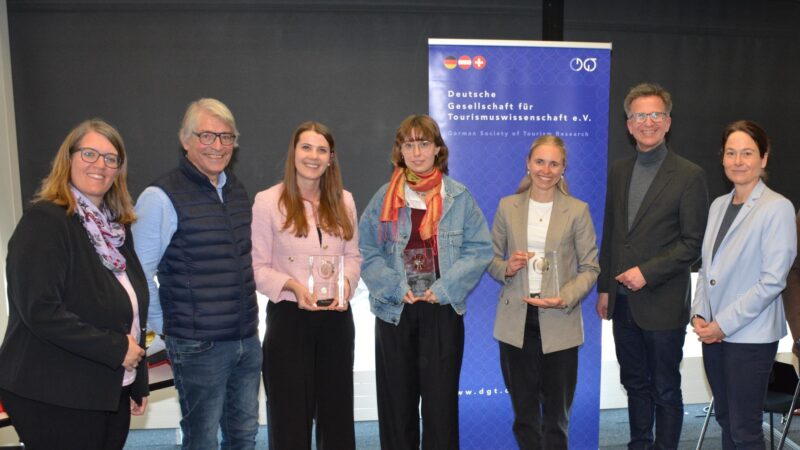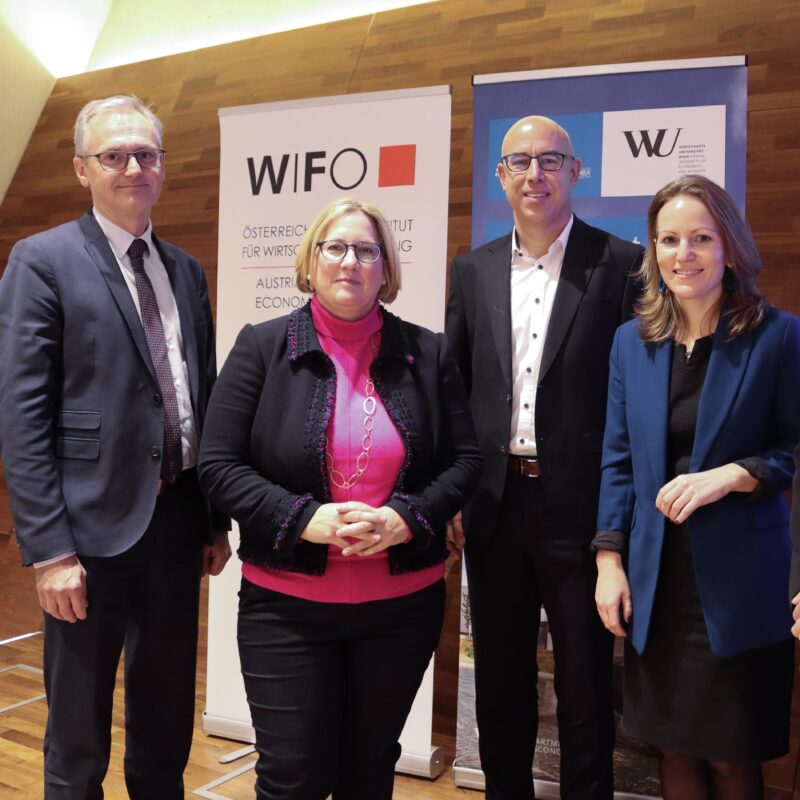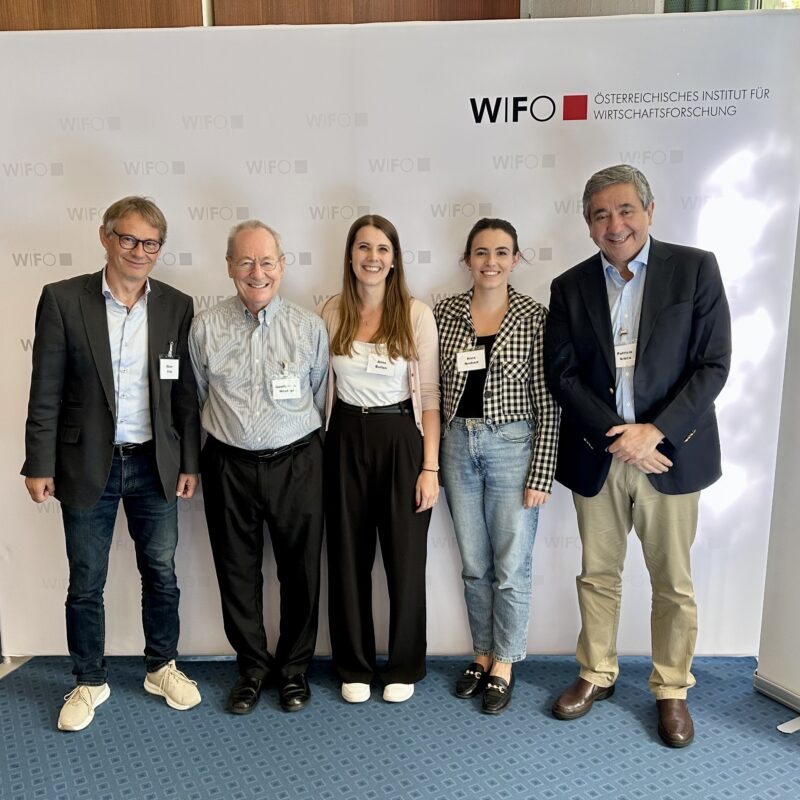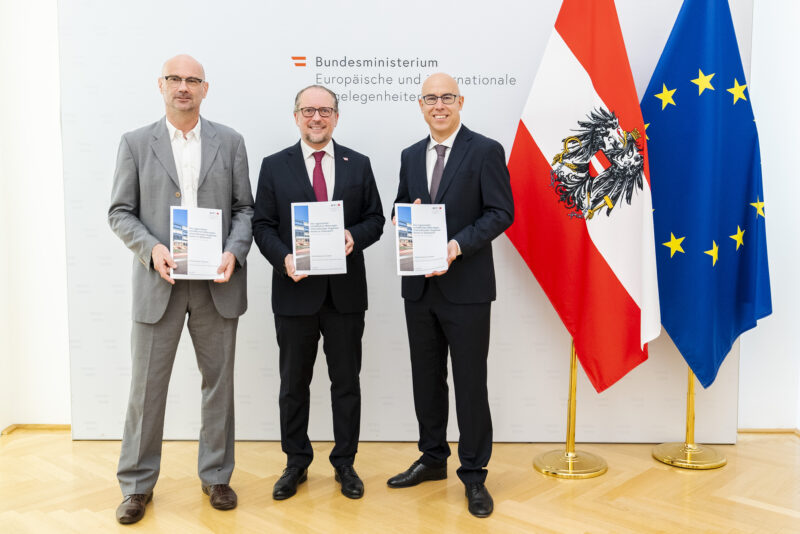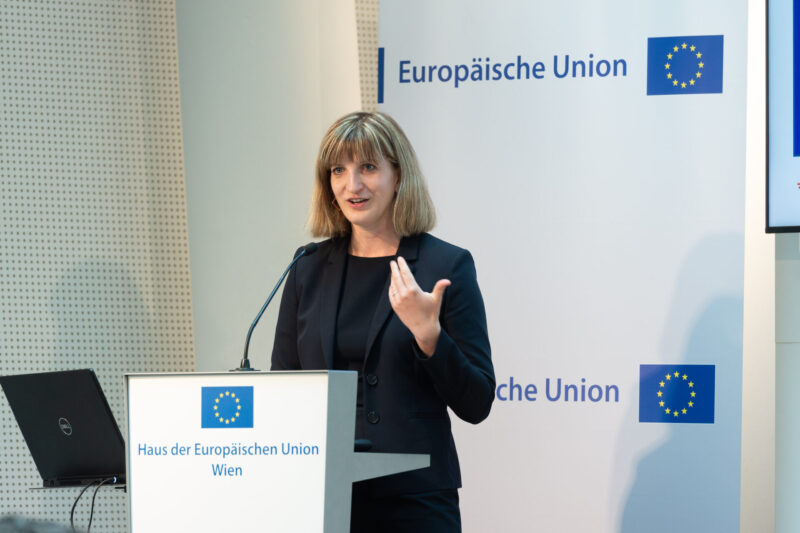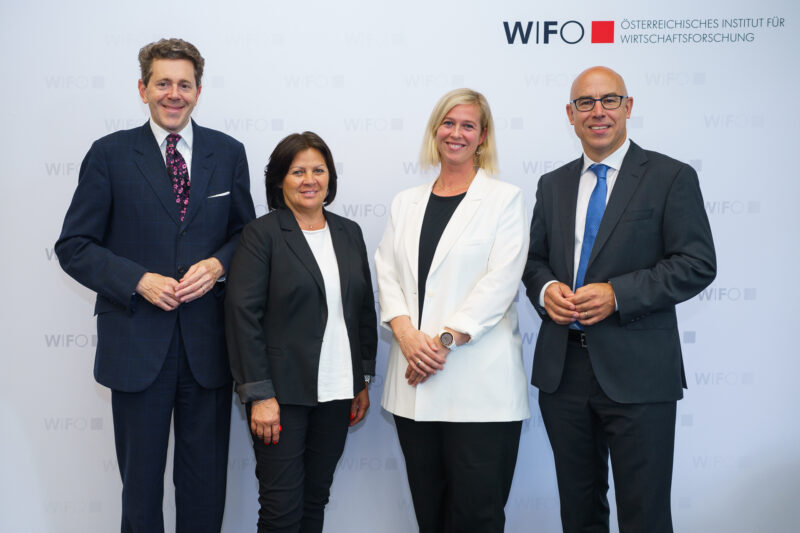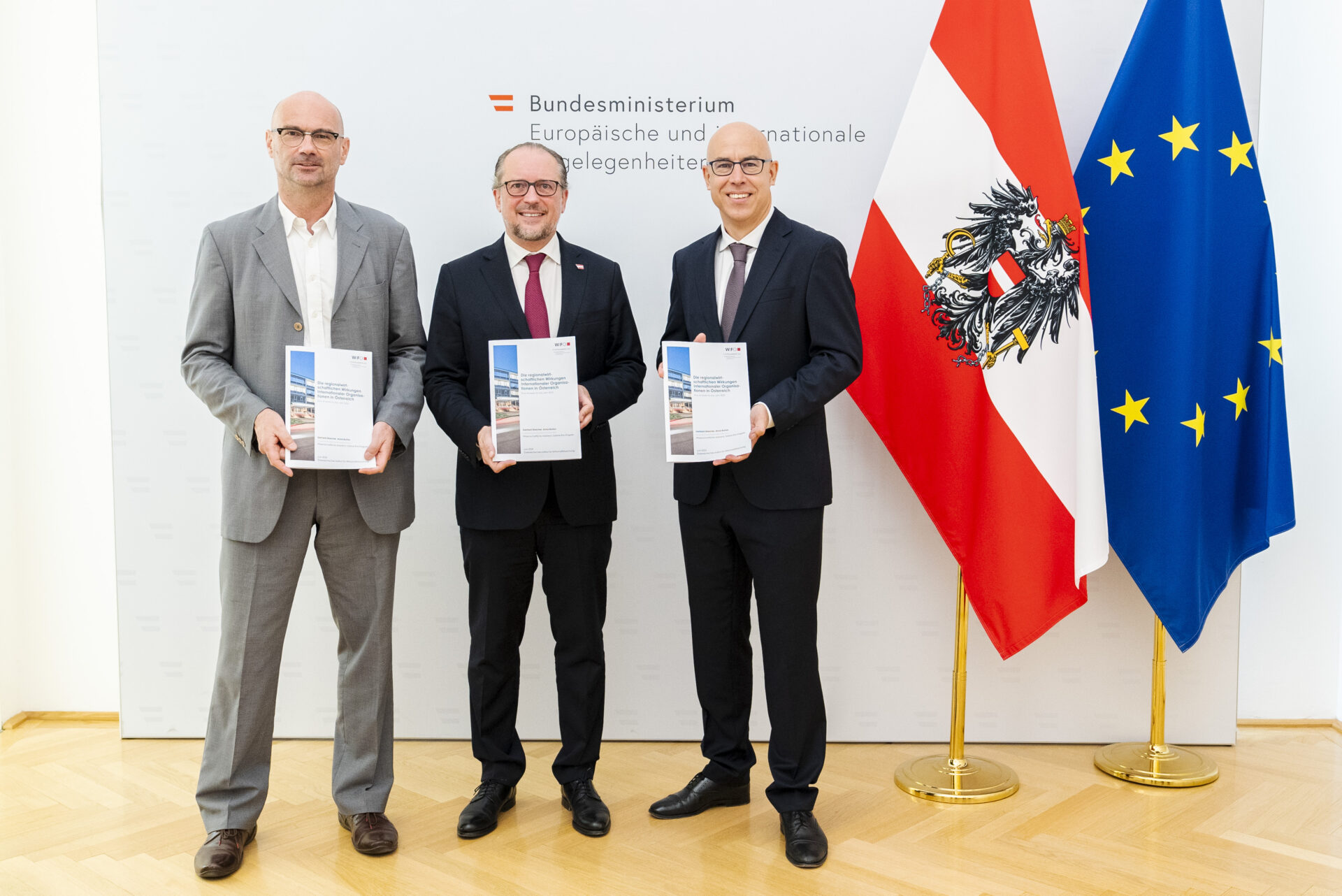
The Regional Economic Effects of International Organisations in Austria
This study by the Austrian Institute of Economic Research (WIFO), commissioned by the Federal Ministry for European and International Affairs (BMEIA), analyses the economic effects of International and Quasi-International Organizations – including diplomatic missions, international schools and events – in Austria. It updates earlier studies by the Institute for Advanced Studies (IHS) from 2018 and 2020 and shows that the annual value added in Austria amounts to around 1.7 billion € in 2023. This corresponds to an increase of over a quarter compared to the previous study. In addition, the organisations and activities considered secure around 16,100 full-time equivalent jobs in Austria, an increase of almost 4 percent. If the employment effects are measured on the basis of employment relationships, the total number of jobs secured is around 19,800, which is 4.5 percent more than in the previous study from 2020 and corresponds to just under ½ percent of all employed persons in Austria. As the operating expenses and salaries are largely financed by payment flows from abroad (and therefore do not displace any other demand in Austria), these effects lead to an increase in Austrian economic output.
The greatest economic effect is recorded in Vienna, as most International and Quasi-International Organisations are based in the capital. Vienna therefore accounts for almost 67 percent of the value added effects in 2023, followed by Lower Austria with approximately 14.5 percent. The other federal provinces record around 325 million € in value added in 2023 from International and Quasi-International Organisations. Public revenue from taxes and duties from International Organisations amounts to around 785 million € in 2023, already considering the tax exemptions of these organisations and their employees.
The positive economic effects are offset by costs – expenditure for sales tax refunds, rent subsidies, security measures and other financial contributions from the public sector. These costs are only partially known; the greatest expense is probably in the area of security, but it is almost impossible to estimate the full scope. However, the magnitude of the positive effects is so significant (and the quantifiable costs so low) that a cost-benefit calculation would certainly show a highly positive balance.




